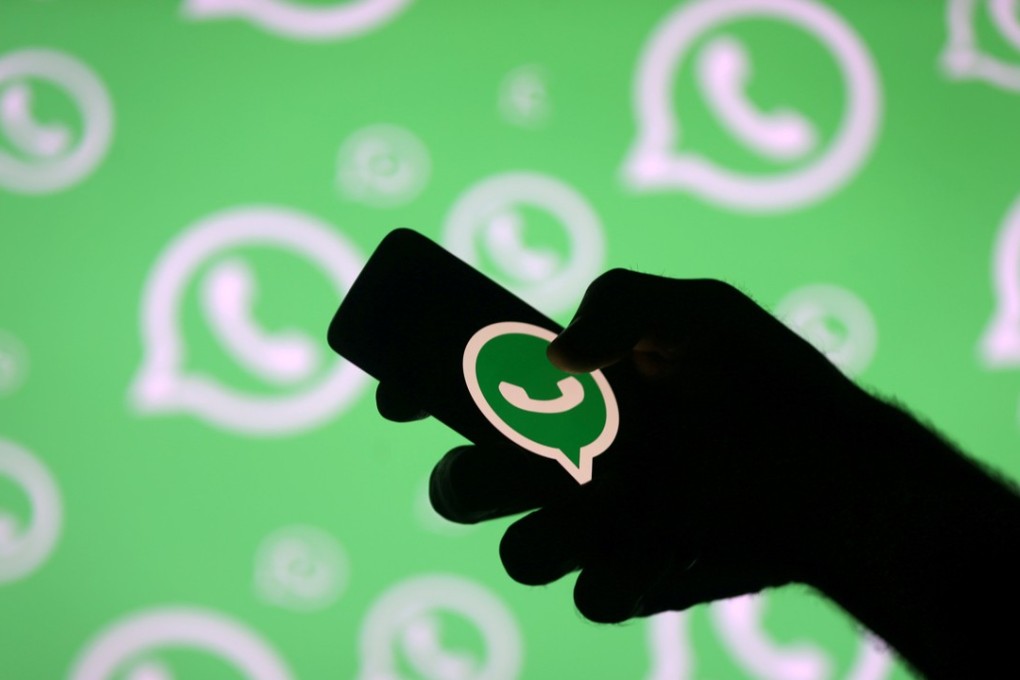
Americans associate misinformation with Facebook and the ways it shaped debate around the 2016 presidential election. But in other countries, falsities are just as likely to spread on private messaging services - sometimes with deadly consequences.
At least two dozen people have been killed in mob lynchings in India since the start of the year, their deaths fueled by rumors that spread on WhatsApp, the Facebook-owned messaging service.
In Brazil, messages on WhatsApp falsely claimed a government-mandated yellow-fever vaccine was dangerous, leading people to avoid it. And as Mexico was heading into its presidential election this month, experts there called WhatsApp the ugly underbelly of the country’s news environment, a place where politically misleading stories, memes and messages can spread unchecked.
On WhatsApp, with 1.5 billion users, information can go viral in minutes as individuals forward messages along to their friends or groups, without any way to determine its origin.
Messaging platforms have hosted disinformation campaigns in at least 10 countries this year, according to a report by the Computational Propaganda Project at Oxford University. WhatsApp was the main platform for disinformation in seven of those nations, including Brazil, India, Pakistan, Zimbabwe and Mexico. Other messaging apps that have hosted disinformation include Telegram in Iran, WeChat in China and Line in Thailand.
“In the U.S., the disinformation debate is about the Facebook news feed, but globally, it’s all about closed messaging apps,” said Claire Wardle, executive director of First Draft, a nonprofit news literacy and fact-checking organization affiliated with Harvard University’s John F. Kennedy School of Government.